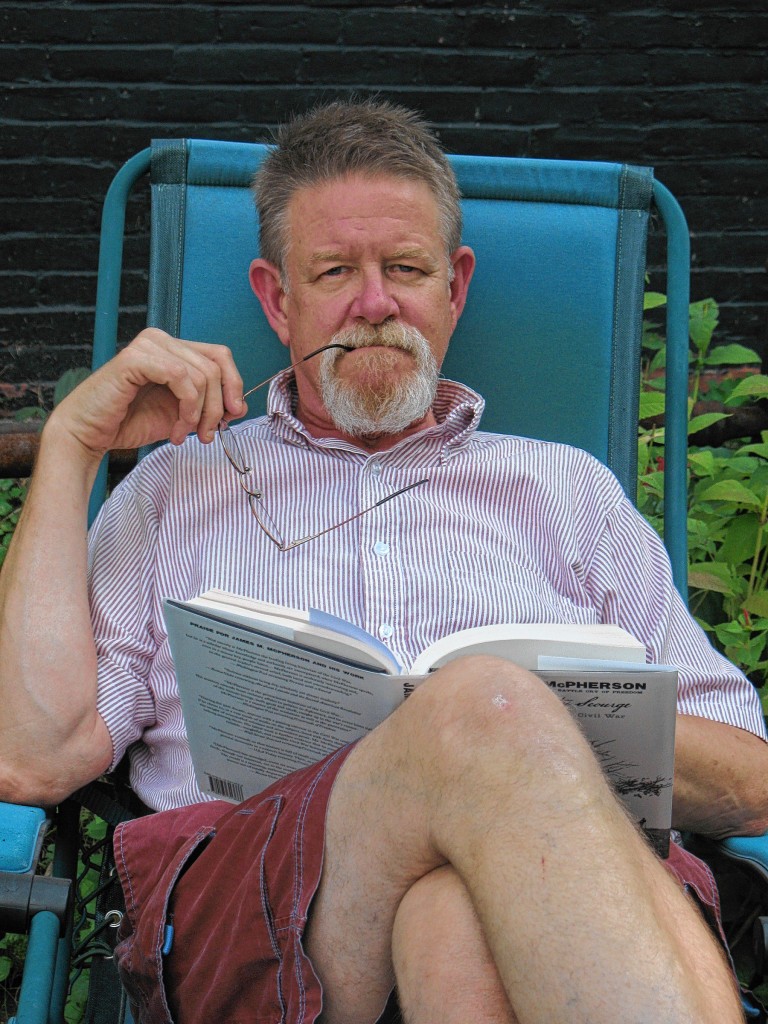What can we say about appositives?
Let’s start with a definition – a noun or a pronoun, often with modifiers, that follows another noun to describe or explain it. If other words are associated with it, an appositive phrase is created.
Consider this sentence about a famous regional sports figure: Tom Brady, quarterback for the New England Patriots, has lost the appeal of his four-game suspension by NFL commissioner Roger Goodell.
Ah, two punctuation issues with one linguistic example. Those words between the commas, quarterback for the New England Patriots, are the appositive phrase explaining who Tom Brady is. But the last four words of the sentence also constitute an appositive because Mr. Goodell’s name is another way of identifying his role. (Note: “quarterback for the New England Patriots” is also an appositive phrase in the sentence in this paragraph.)
These examples lead to a hypothesis: If you write just the name after the title (President Barack Obama), you don’t need a comma. If you write the expanded identification after the name (Barack Obama, president of the United States for eight more months, still hopes to have a Supreme Court nominee confirmed.) commas enclose the phrase.
What inspired this column, unplanned as of last Thursday morning, is an article that appeared that day about the upcoming Book Fair at the Everett Arena, in which the noted journalist Monitor Staff mentioned “favorite son, Robert Frost.” If President Obama and journalist Staff are correct, the comma should have been omitted. They’re like Commissioner Goodell.
Another sentence about the Book Fair said, “Shelly Girdner, a graduate and now lecturer at the University of New Hampshire, recently released her first full-length collection of poetry You Were That White Bird.” All of my readers undoubtedly recognize the 11 words after Girdner as an appositive phrase and applaud the enclosing commas. Titles, however, have their own “rules,” and while it is perfectly acceptable to write “Frost’s North of Boston was first published in England,” if you write “Robert Frost’s first book, North of Boston, was first published in England,” the pesky commas come in again. No rational explanation for this. Just the way it’s done. Therefore, I would put a comma after the word “poetry” in the sentence quoted in this paragraph.
P. S. I would also take the quotation marks off the word “poetry” in the previous sentence and replace them with italics, but that’s an argument I would probably lose with the style czars at the Monitor.









